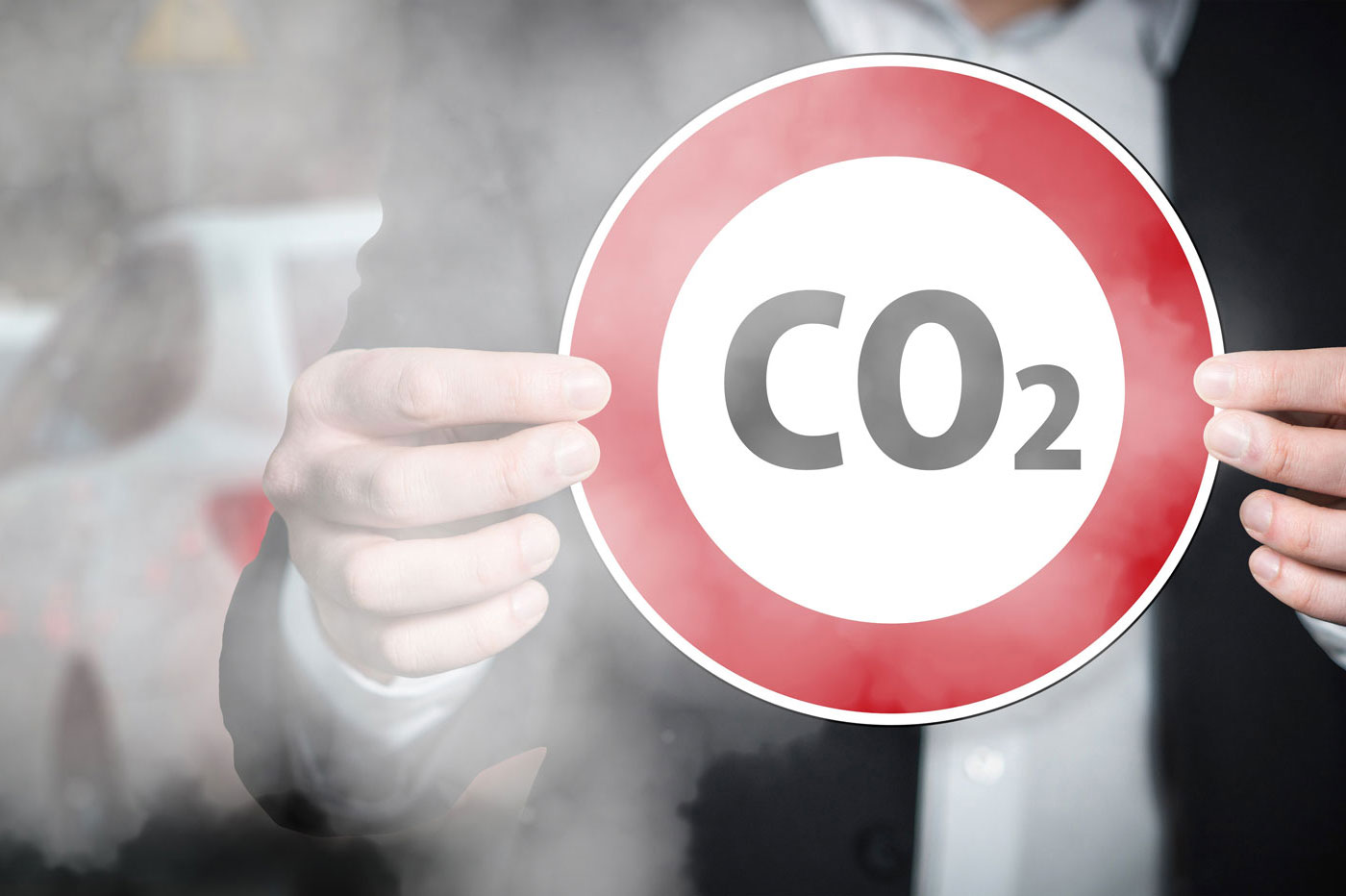
Europe wants to strengthen CO2 emissions testing of plug-in hybrid vehicles, to better reflect reality.
Electric cars are on the rise, which is not necessarily the case for plug-in hybrid vehicles. The latter also cause a lot of ink to flow and their real consumption is singled out. As early as September 2020, the German research institute Fraunhofer and the International Council on Clean Transportation (ICTT) looked into the issue, revealing that actual consumption was two to four times higher.
More recently, the Swiss canton of Valais took the decision to remove subsidies for plug-in hybrid vehicles. It follows the publication of a Swiss study (PDF) explaining that hybrid vehicles are a “scam”.
Figures that are too flattering make Brussels react
Strong words which do not seem to have escaped the European Union. Following repeated criticism that the tests do not reflect real emissions, Brussels would like to review its method. Concretely, Europe would consider strengthening the CO2 emissions tests of hybrid vehicles by developing the WLTP protocol. The latter, called the harmonized global test procedure for light-duty vehicles in French, is currently deemed too lenient for plug-in hybrid vehicles. The latter would benefit from this breach to present flattering results. A bit too much according to some studies and therefore the European Union.
According to two sources knowledgeable on the subject, the revised test should be applied from 2025. “The utility factor will be modified”, told Reuters Petr Dolejsi, director of sustainable transport at the Association of European Automobile Manufacturers (ACEA). The latter refers to the average estimate of the distance traveled by a hybrid vehicle in electric mode only. He adds : “We are starting to collect vehicle data…it is an ongoing process”.
A European Commission official also confirmed to Reuters that discussions were underway regarding WLTP. Without going into details, he ensures that there is a desire to better take into account the real consumption of hybrid vehicles.
This new method could be a game-changer for many automakers. Indeed, some sold almost as many plug-in hybrids as fully electric vehicles in Europe in 2021. Thus, they would have to sell more electric cars to meet Europe’s emissions targets and avoid steep fines. As a reminder, CAFE regulations limit the average rate of CO2 emitted by new vehicles to 95 g/km.
Towards a tightening of the rules by 2025
The time is obviously not panic for manufacturers. The new protocol would not come into force until 2025 and discussions are still ongoing. A decision is nevertheless expected this year and is likely to push the main market players to bet on electric vehicles. While the sector has been seeking to restore its image since the “dieselgate” of 2015, Volkswagen, Mercedes-Benz, BMW and Renault have announced that they are in compliance with EU expectations in terms of CO2 emissions. They were helped by record sales of electric vehicles.



